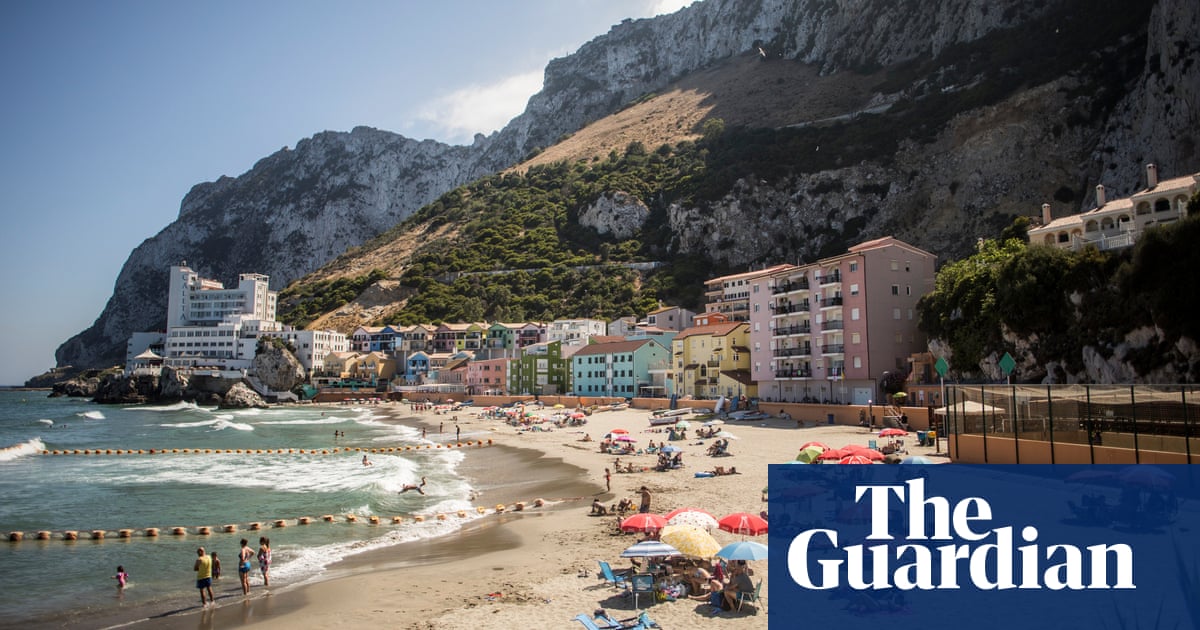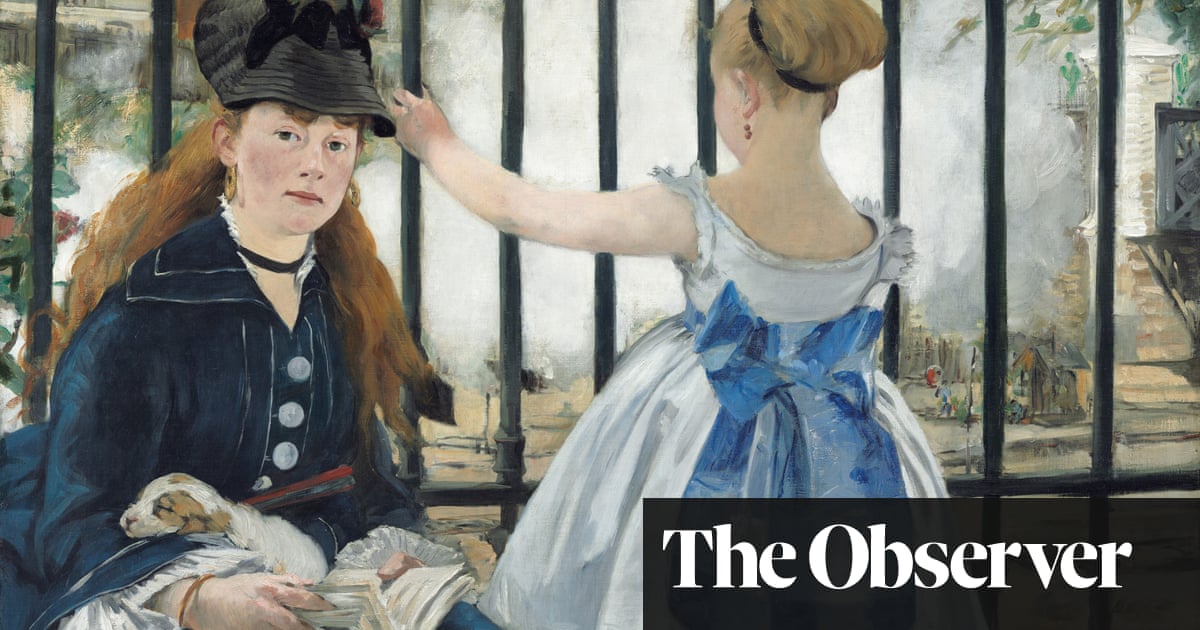
Russian oligarchs’ use of London to launder their fortunes is to come under renewed scrutiny after the Conservative-controlled foreign affairs select committee agreed to re-examine the government’s apparent inability to crack down on the practice.
The inquiry will be a concern to the Foreign Office, which has frequently been accused of leaving a gap between its tough anti-Russian rhetoric and failure to control either money laundering or those in the UK that enable the corruption.
The British foreign secretary, Liz Truss, says the UK has some of the toughest anti-corruption laws in the world, but even in her short period in office she has been repeatedly challenged to review whether the laws are working effectively or adequately policed.
The foreign affairs select committee inquiry will take the form of a follow-up to its previous inquiry, Moscow’s Gold, published in 2018 that found gaps in the government anti-corruption armoury. The 2018 report warned: “Turning a blind eye to London’s role in hiding the proceeds of Kremlin-connected corruption risks signalling that the UK is not serious about confronting the full spectrum of President Putin’s offensive measures”.
Since then the prestigious thinktank Chatham House has argued the UK does have a problem with Russian money, claiming the law in this area is so poorly constructed and under-resourced that it amounts to self-regulation.
But the government is also accused of dragging its heels on implementing relevant laws including a public register of beneficial owners of overseas entities that buy or sell property. The measure was first announced in 2016, but has been repeatedly delayed.
In a sign of the damage to the government’s reputation, the government last month published an update of its anti-corruption strategy that reported the UK and overseas territories topped the financial secrecy index, a government recognised global survey of financial transparency.
Confirming the fresh inquiry, Tom Tugendhat, the chair of the committee, said: “We have again to address the issue of the dirty money in the UK,” adding: “We will be looking more at where this money is going. We will be highlighting the overseas territories.”
In a reference to the still stalled Nord Stream 2 project taking gas from Russia to Germany, he said: “We will be looking at how energy projects are used to exploit our dependence on petrochemicals and our dependence on energy, and to turn that dependence against us.”
The inquiry is likely to start in the spring, Tugendhat said, adding the issue may not be the laws on the statute book, but the way they are policed.
Chris Bryant, a senior Labour MP on the committee, claimed the UK had been getting its Russia policy wrong for two decades.
He said: “We tempt Russian oligarchs to the United Kingdom with easy visas: we had these golden visas that largely went to extremely wealthy oligarchs who had made their money corruptly in Russia, with no questions asked other than: ‘Do you have enough money?’ We did not even ask: ‘Are you going to invest it in the United Kingdom?’
“We boast about our clever lawyers and accountants who can tidy things up so that assets are protected however they have been obtained. We open up our high-end housing market to Russian billionaires even though we know that the best way to squirrel away a dirty fortune or, indeed, to launder £20m is to buy a property that is worth £10m for £20m.
“That is precisely what has affected the London housing market so deleteriously. We even grant – government ministers do this – some Russian individuals anonymity in what is meant to be the public register in Companies House of beneficial ownership of companies.”
He said: “We must have a public register of beneficial ownership that should apply to the owners of overseas companies operating or purchasing property in the United Kingdom. That still does not exist; I simply do not understand why.”
He added unexplained wealth orders, once championed as the way of seizing corrupt cash of the oligarchs, appear to have failed. Only four such orders have been issued and some rejected on the basis that cash can only be seized if it can be proven the cash was gained illegally in the jurisdiction in which the money was made, a high hurdle in some former Soviet Republics.
Bryant also called for a review of why overseas territories were still stalling over implementing public registries of beneficial ownership.
He said: “We need to ensure that the overseas territories do not become a soft backyard, where people can hide vast amounts of money corruptly, effectively under the British banner. That is not a patriotic commitment by the overseas territories. The patriotic commitment that the overseas territories should be making to Britain is to put public beneficial ownership registers in place as soon as possible.”












